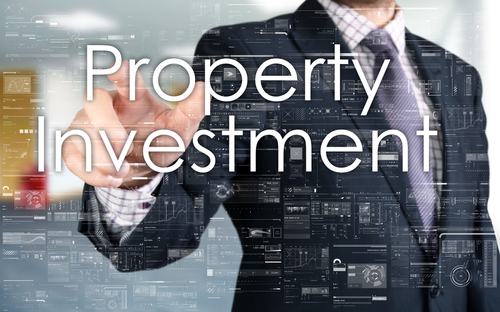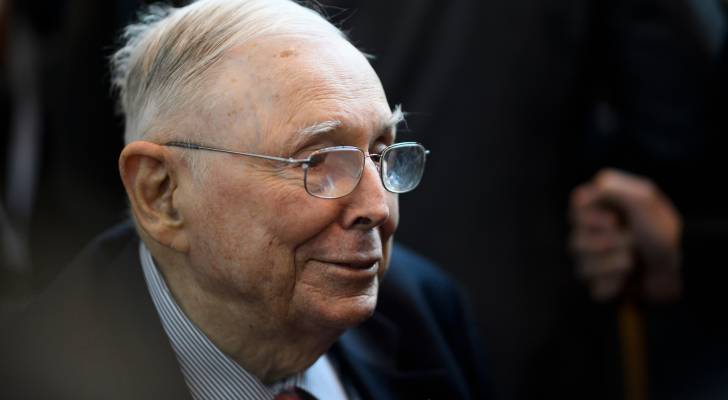Would-be home-buyers are enjoying the highest level of spring-time choice of homes in five years says Zoopla.
And the greater the supply, the bigger the chance for prospective investors to seize the opportunity to put in a more advantageous offer.
The portal claims that there are 20% more homes on the market compared to a year ago, with supply improved most in Cornwall (+159%), North Kesteven, Lincolnshire (+155%) and Bournemouth, Christchurch and Poole in Dorset (+146%) where prices have also increased significantly over the last five years.















